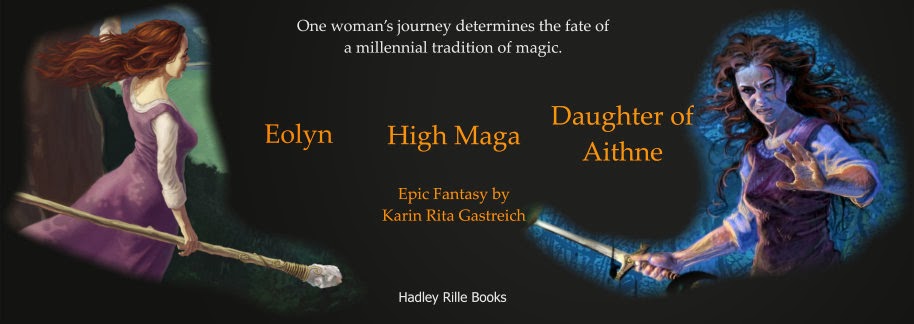It is no easy task to get nature to conform to the Laws of Nature. ~Evelyn Fox Keller
Aargh! My master plan for this week's post has been foiled.
I had hoped to embed a wonderful video for you on my blog, an interview entitled Science and Gender: Evelyn Fox Keller, produced by the Films Media Group in 1988. One would think there'd be a public version of this video -- an excerpt at least (5 minutes, please?) -- somewhere in the vast universe of the internet, but if such a jewel exists, I have not found it.
A physicist by training, Keller has published multiple volumes on the relationship between language, science, and gender, including the biography A Feeling for the Organism, which documents the life and work of the geneticist Barbara McClintock, recipient of the Nobel Prize for her discovery of transposons.
In this very engaging interview with Bill Moyers, Keller explores how language influenced the foundational philosophies of modern science, and how those philosophies -- established centuries ago -- continue to shape science even today.
"Henry Oldenburg," Keller points out, "said it very clearly. The purpose of the Royal society was to establish a truly masculine philosophy. Why? What did they mean by a truly masculine philosophy? Francis Bacon said 'Let us establish a chaste and lawful marriage between mind and nature...'"
With these and other references, Keller identifies marriage as a central metaphor for the scientific revolution. And not just any marriage, but a particular model of marriage, a patriarchal model in which the purpose was the domination of nature (woman) by the mind (man).
As part of this metaphor, qualities such as objectivity and reason were associated with the masculine, and fully incorporated into the scientific endeavor. Qualities of empathy and emotion were linked to the feminine and rejected.
Why? Keller asks.
Where do these ideas come from? What does it mean to create a dicotomy between objectivity and empathy? Why would we call one masculine and the other feminine? Why was one recognized and the other rejected in the definition of science?
Of course, these are metaphors established over four hundred years ago, but remarkably Keller identifies many contemporary examples where the ideas articulated by Oldenburg and Bacon still drive the scientific endeavor.
The labeling of empathy as "feminine" (when in fact, as I think most of you would agree, women do not have a monopoly on empathy), and the exclusion of both from "science" has had important consequences. It not only shapes our vision as to what science is, it perpetuates a fantasy that science can be practiced in a way that is free of human values, preconceptions and aspirations. It perpetuates the myth that science is objective.
Any human product cannot be free of human values, Keller insists.
Yet nature, as her interviewer Bill Moyers points out, is not a human product.
True. But science does not give us nature. It gives us a construct of nature. A powerful construct, to be sure, but a construct nonetheless. One that will always be colored by the lens of human language and perception.
It was at about this point during the interview that I started getting itchy. Objectivity is a fundamental value of science. All scientists strive for it; I myself have striven for it. So it is very difficult for me to contemplate the full implications of Keller's argument.
What would happen if we were to remove this pillar upon which the scientific establishment has been built? Just thinking about it gives me the feeling of standing on a precipice; knowing that if I jump everything that I thought I knew about science might be fundamentally altered.
Will I fall forever, flailing blindly into an uncharted abyss? Or is there a new structure out there waiting to be discovered? A revolutionary approach that will make science even more powerful, more productive than it has been for the past four centuries?
Keller's answer is a hopeful one. She is convinced that if we can better understand the relationship between language, values and science, we will be able to harness this creative resource in ways that would be even more productive, and geared to a greater wellbeing of all humankind.
Is she right?
I don't know. But Evelyn Fox Keller certainly gives one a lot to think about, and for that I am most grateful to have had the opportunity to get to know some of her scholarship.

